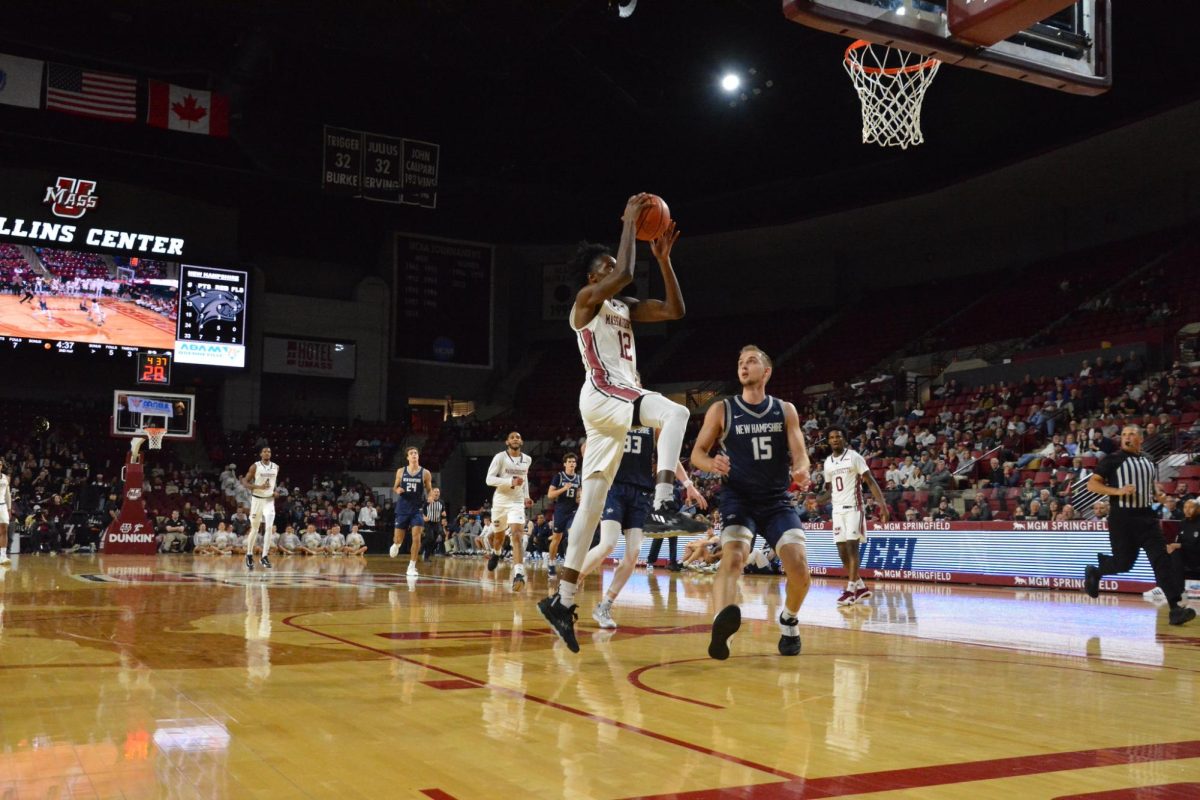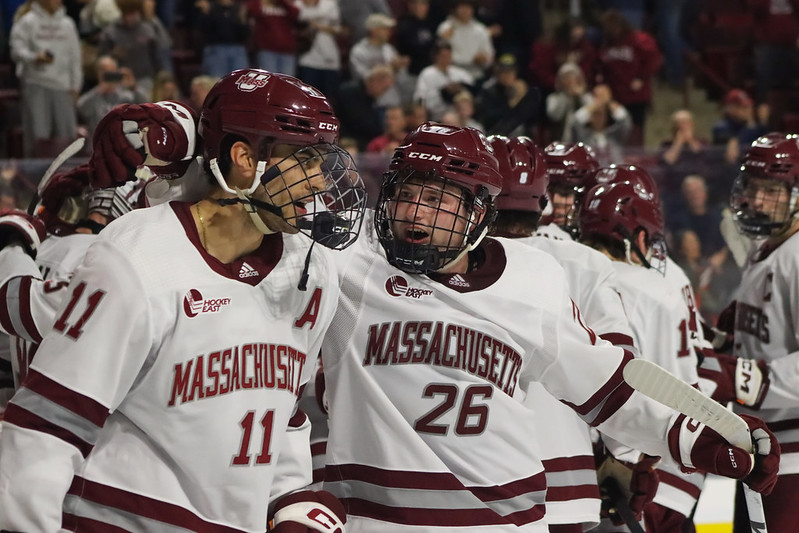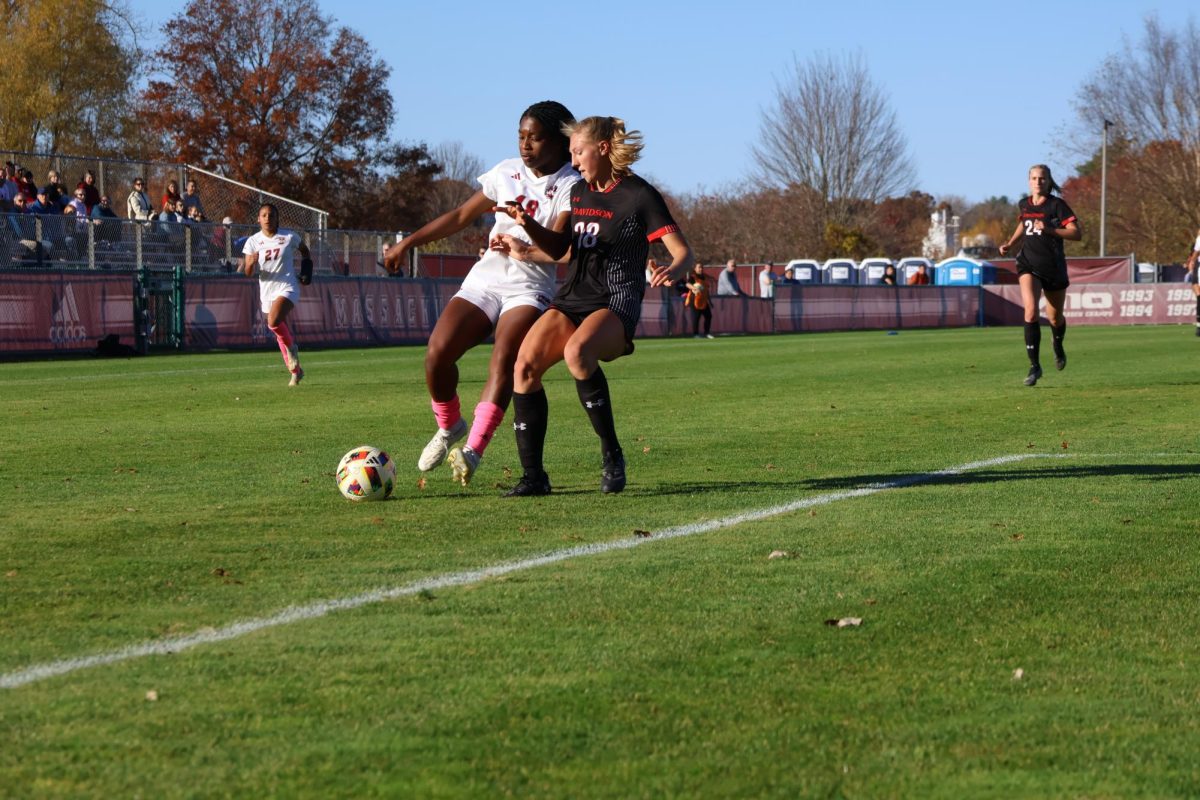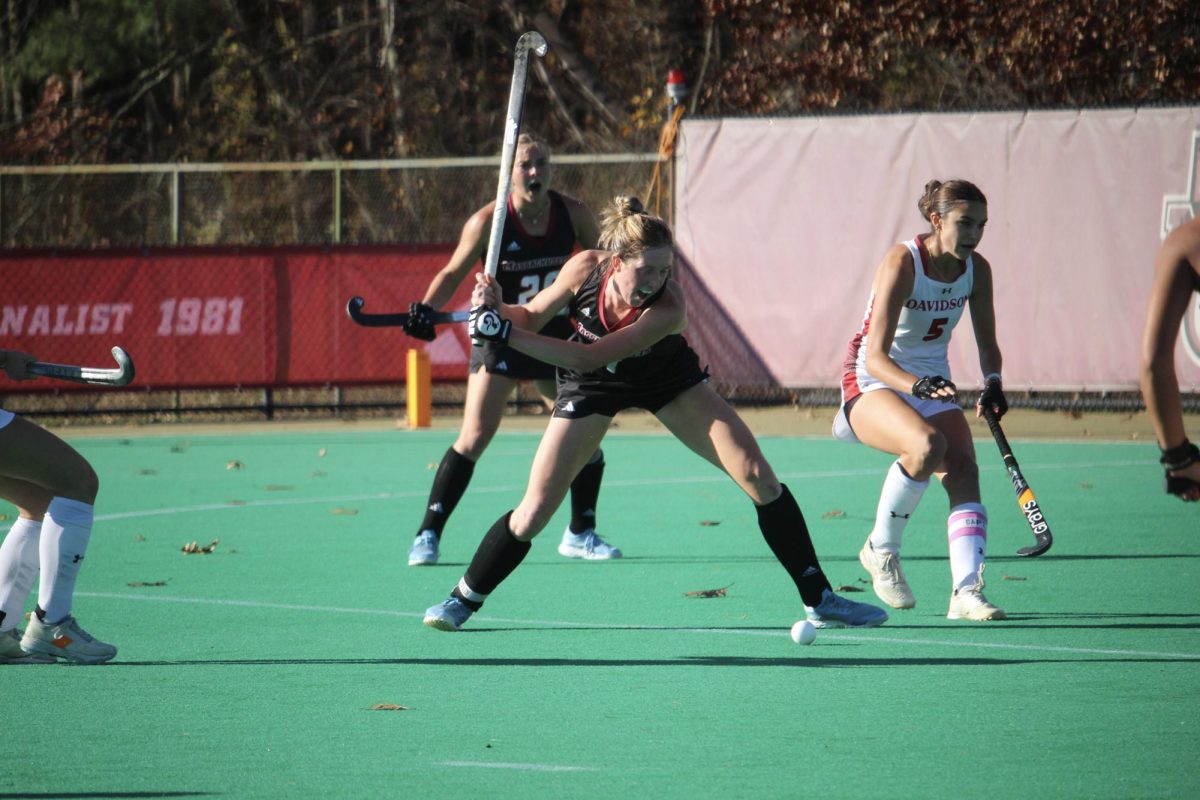The largest decline in faculty numbers in sixty years is about to hit the Amherst campus of the University of Massachusetts.
Faculty representatives are saying that budget cuts mean that many teaching posts will not be filled, and early retirement will further thin the ranks of professors at UMass. Music and Dance Professor Ernest May is the secretary of the Faculty Senate. May believes that nearly 10 percent of the faculty may be gone by next semester, by either cancelled headhunting searches, or early retirement.
“A number of searches had been cancelled. A very small number are being allowed to be completed,” May said. “Some people have planned to retire anyway, and then you have the early retirement that may take out as many as one hundred faculty.”
The exact numbers are unknown, May explained.
“We really won’t know for sure until June 15, because the people who put in their early retirement can retract it,” May said. “This is a serious situation. We’ve never seen such a steep drop. It will be a different institution and not a better one.”
Rumors have been circulating that some professors have fallen victim to layoffs as well. May has heard these rumors, but said that they cannot be confirmed due to confidentiality in personnel policies. May doesn’t see the retirement as any sort of solution for the University.
“The real problem with the early retirement is only 20 percent we should be getting 80 percent. The people are gone and their salaries are gone,” May said. “[Early retirement is] used to solve the state’s budget crises, but it doesn’t do anything for the University’s budget cut.”
History Professor Ron Story, president of the Massachusetts Society of Professors, said that this would be an unprecedented reduction in the faculty’s numbers.
“If you put together the retirements and the cancelled searches this will constitute the biggest single decline in full time faculty for any major institution for higher education at least since World War Two,” Story said. “That will happen, really, by the end of the spring semester. If you put that together with the decline in fulltime faculty over the last decade we’re looking at a 20 percent decline.”
Story is worried that UMass will not be able to function with a reduced faculty.
“To say that we are concerned about this is an understatement. If you combine [the reduction] with the tremendous increase in workload, it’s going to be difficult to sustain academic programs,” Story said. “It’s going to be difficult to deliver a basic curriculum. It’s also going to be difficult to sustain the level of scholarship that gives this campus its reputation.
“There is a noble investment that the Commonwealth of Massachusetts has made in this campus, and there’s a tremendous reservoir of talent that we can either build on or lose,” Story added. “There is a great deal at stake.”






